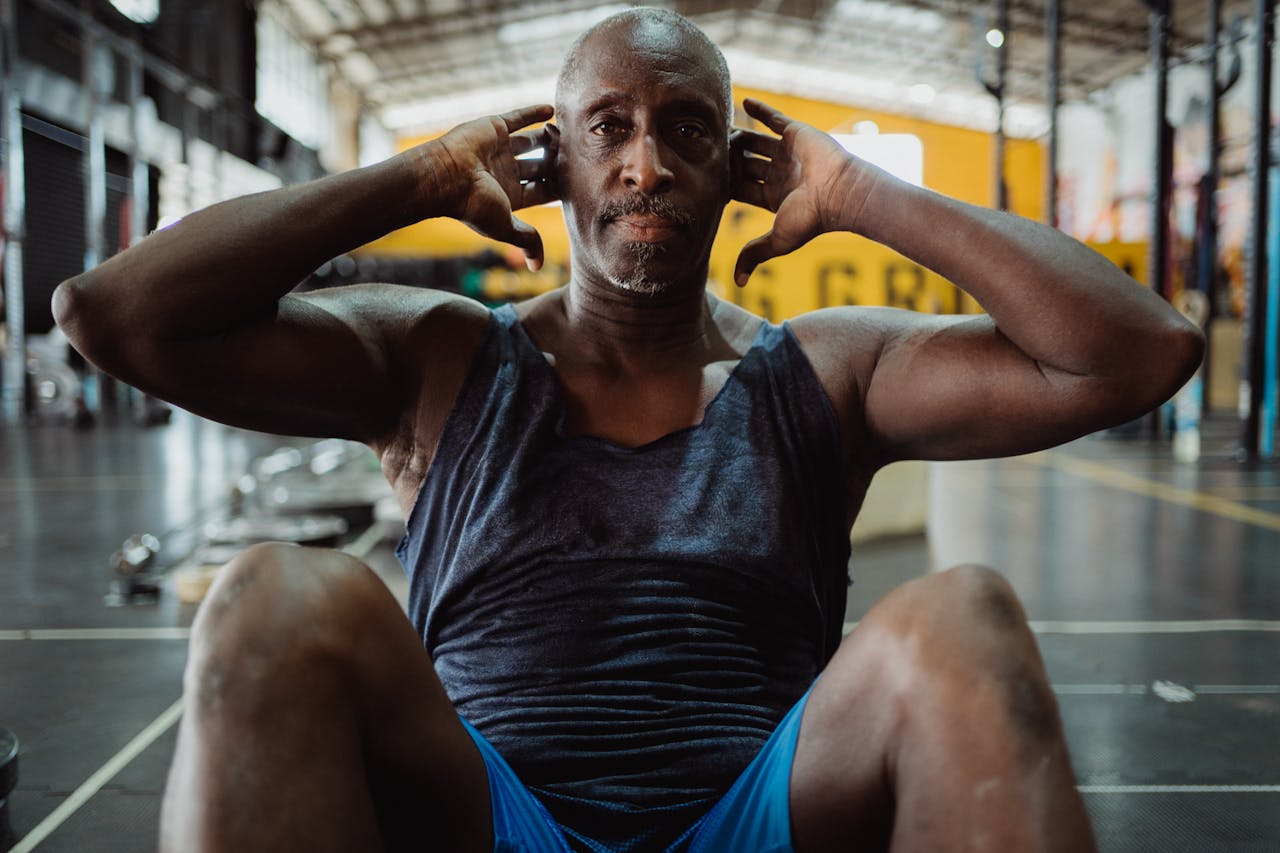Your joints are the unsung heroes of your body, silently supporting every move you make. From walking to typing, they’re always in action, yet they’re often taken for granted—until something goes wrong. Joint health is about more than just avoiding pain; it’s about maintaining flexibility, strength, and a range of motion that lets you live life to the fullest. Let’s explore how you can keep your joints in top shape and why it’s never too early—or too late—to start prioritizing their care.
The Importance of Maintaining a Healthy Weight
Carrying extra weight can feel like dragging a loaded backpack everywhere you go. While this might seem manageable in the short term, it’s your joints—especially weight-bearing ones like knees, hips, and ankles—that bear the brunt over time. Maintaining an optimal weight reduces stress on these joints, helping to prevent wear and tear. Research shows that even modest weight loss can significantly reduce the risk of developing osteoarthritis, a common joint condition that can be debilitating. The math is simple: for every pound you lose, you take four pounds of pressure off your knees. It’s a compelling argument to stay active and maintain a balanced diet.
Understanding the Role of Movement
Movement isn’t just good for your heart; it’s essential for your joints. Low-impact activities like swimming, cycling, and nordic walking keep joints lubricated and promote circulation, delivering vital nutrients to cartilage. Stretching takes this a step further by maintaining and even increasing joint flexibility. Multi-directional stretches, or joint play, help prepare your joints for the unexpected shocks of daily life. Think of it as insurance for your body—stretching now can prevent a sprain or strain later.
Recognizing Stiffness as a Warning Sign
Stiffness isn’t just an annoying inconvenience; it’s your body’s way of telling you something might be wrong. If your joints feel stiff after sitting for long periods or it takes time to feel comfortable walking, it might be time to consult a doctor. Early intervention can prevent minor issues from becoming chronic problems. A physician might recommend specific exercises or even supplements to support joint health before stiffness turns into something more serious.
Posture: More Than Just Sitting Pretty
Posture is about alignment, and alignment is critical for joint health. When your body is properly aligned, tension in muscles and joints is evenly distributed. Poor posture disrupts this balance, leading to unnecessary strain on your joints. Over time, this can result in chronic pain or injury. Maintaining good posture—standing tall, shoulders back, chest slightly forward—helps keep joints in their natural positions, reducing stress and enhancing mobility. For those with desk jobs, proper sitting posture is equally important. Ergonomic chairs and adjustable desks can make a world of difference.
Maximizing Your Range of Motion
Joints are designed to move, but when they’re not used to their full range of motion, they can become stiff and less functional. Incorporating exercises that encourage maximum movement for all joints is key. Whether it’s rotating your shoulders, flexing your ankles, or bending your knees, daily practice ensures that joints remain flexible and strong. The adage “use it or lose it” applies here—keeping joints active helps them stay functional as you age.
Varying Your Exercise Routine
Repetition might be comforting, but it’s not always good for your joints. Performing the same exercises every day can lead to overuse injuries, where certain joints are repeatedly stressed while others are neglected. A varied exercise routine, combining strength training, low-impact cardio, and flexibility exercises like yoga or Pilates, ensures that all joints are equally cared for. Diversifying your activities not only protects joints but also keeps workouts engaging and effective.
The Power of Rest
Rest isn’t just about lying down; it’s an active process of recovery. During sleep, your body repairs the micro-damages sustained during daily activities, including those affecting joints. Poor sleep habits can hinder this recovery process, leaving you more prone to joint pain and stiffness. Prioritizing quality sleep—ideally seven to nine hours a night—gives your joints the time they need to heal and rejuvenate. Consider creating a bedtime routine that promotes relaxation, such as stretching, meditation, or a warm bath.
Joint Supplements: A Helping Hand
For those seeking additional support, joint supplements can be a valuable tool. Glucosamine sulfate, one of the most well-researched supplements, has shown promise in maintaining cartilage health and reducing joint discomfort. When paired with chondroitin sulfate, it may enhance cartilage repair and improve joint lubrication. Other ingredients, such as MSM, collagen type II, and herbal extracts like boswellia, also contribute to joint health. However, it’s crucial to choose physician-approved formulas and adhere to recommended dosages to ensure safety and efficacy.
Preventing Joint Damage Through Awareness
One of the simplest ways to protect your joints is by being mindful of their use. Avoid repetitive motions that place undue stress on a single joint, and always listen to your body. Pain is a signal, not a challenge—pushing through discomfort can lead to long-term damage. Incorporating activities that promote joint stability, such as core-strengthening exercises, can also reduce the likelihood of injury. Awareness and mindfulness go a long way in preserving joint health.
The Big Picture
Keeping your joints healthy is about more than just avoiding pain—it’s about enabling a lifestyle that supports movement, flexibility, and joy. Whether you’re an athlete, a weekend warrior, or someone looking to stay active in everyday life, caring for your joints ensures that you can continue doing what you love without limitations. From maintaining a healthy weight to diversifying your exercise routine, every small effort contributes to a lifetime of healthy, happy joints.













